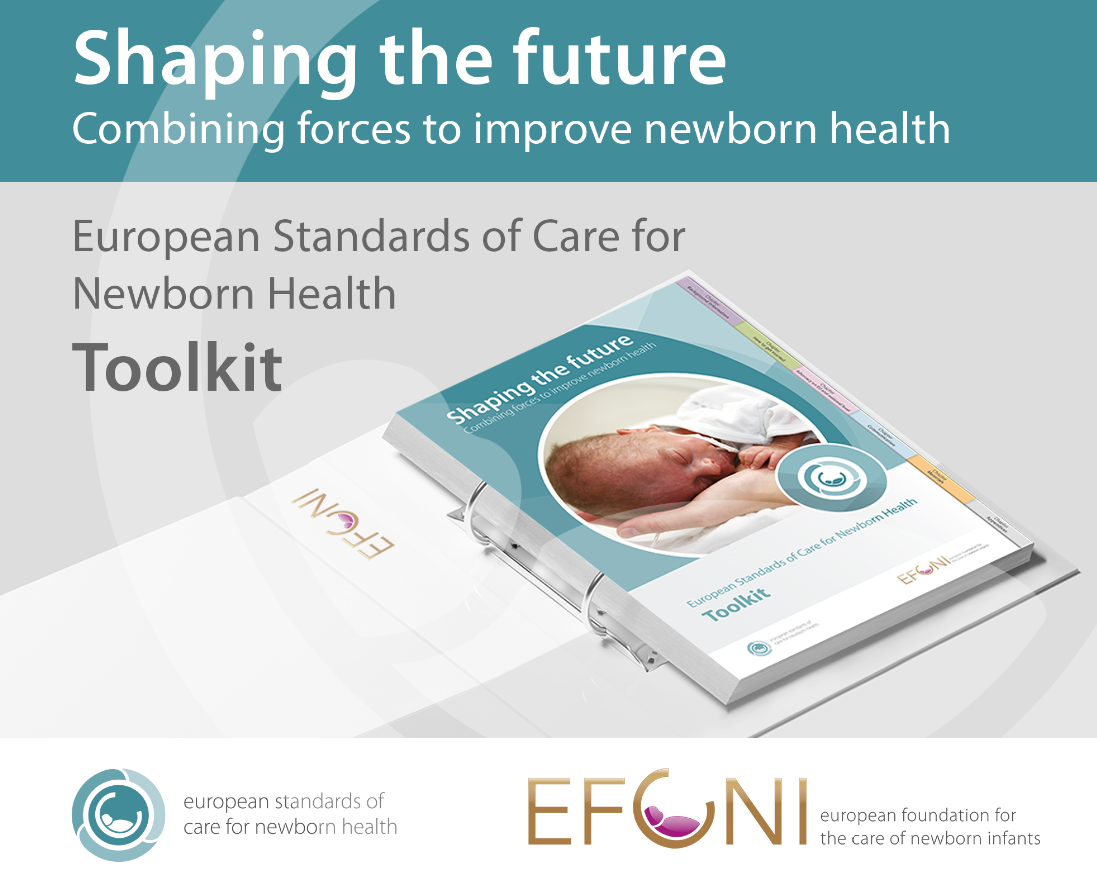
© EFCNI
Find all information about the European Standards of Care for Newborn Health on the project website.
Learn more about the Call to Action for Newborn Health in Europe.
The European Standards of Care for Newborn Health is an interdisciplinary European collaboration to develop standards of care for key topics in newborn health. The project brings together around 220 healthcare professionals of different professions, parent representatives and selected industry specialists, from more than 30 countries. The focus of the project is the treatment and care of preterm and ill newborn babies in hospital and as they grow up. Our aim is the development of standards for 11 broad areas of neonatal health. The development phase of the project ran from 01/2013 to 12/2018. Standards developed in the project are available free of charge here. The development and publication of standards was an important step towards harmonising treatment and care for preterm and ill newborn babies across Europe. Initiated by the European Foundation for the Care of Newborn Infants (EFCNI), the European Standards of Care for Newborn Health project servse as a reference for the development and implementation of binding standards and guidelines on a national level.
Read more

